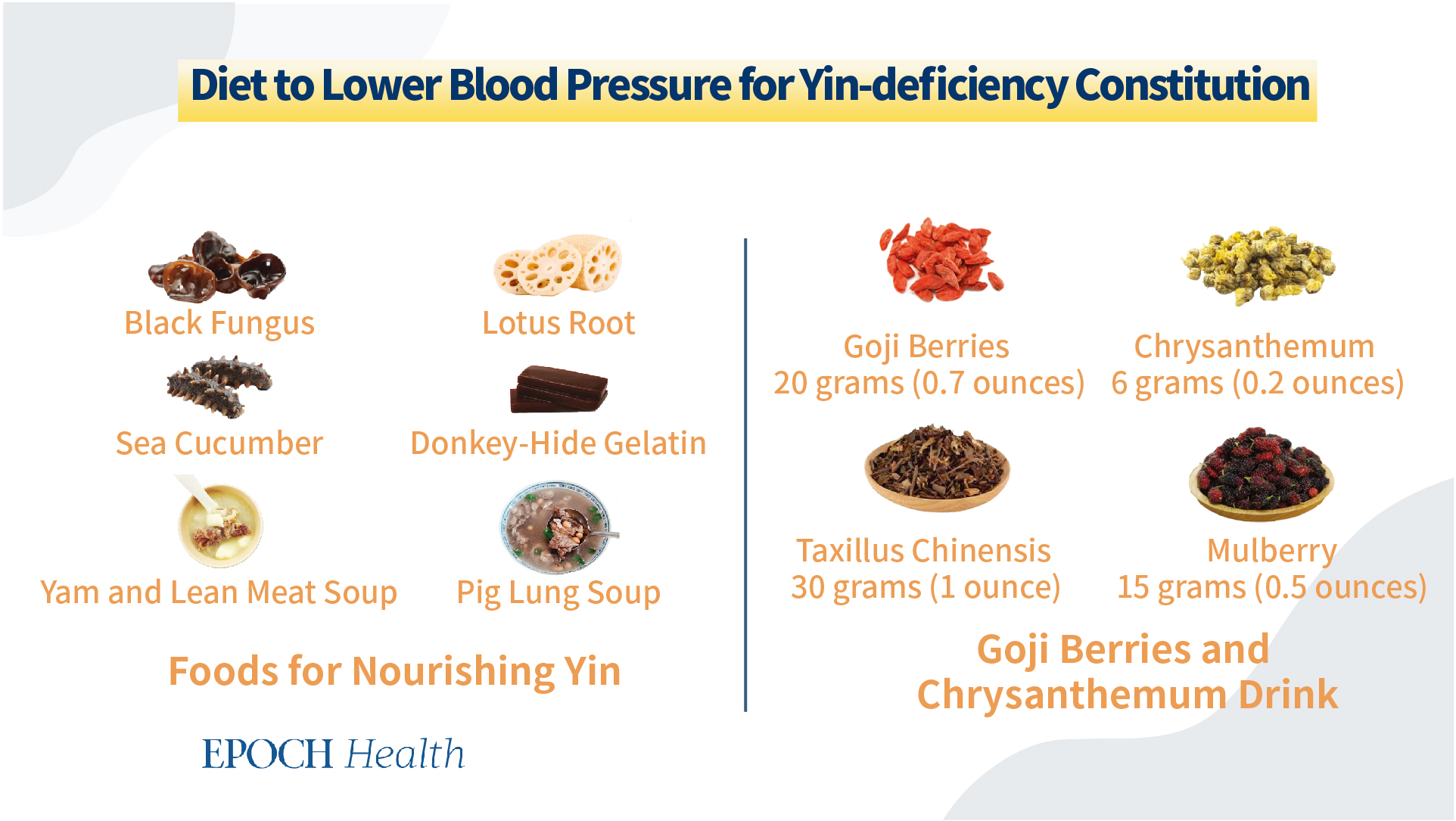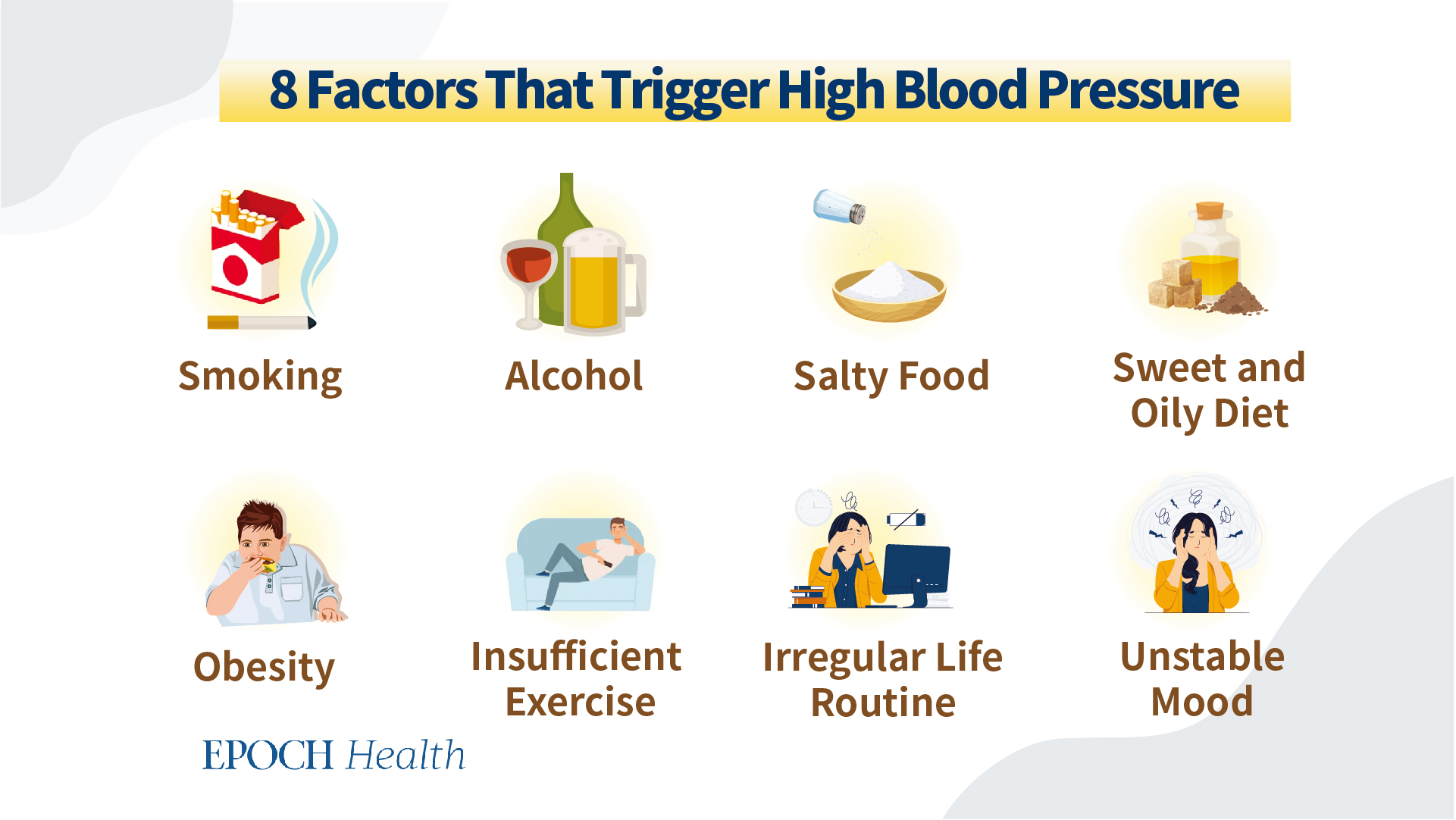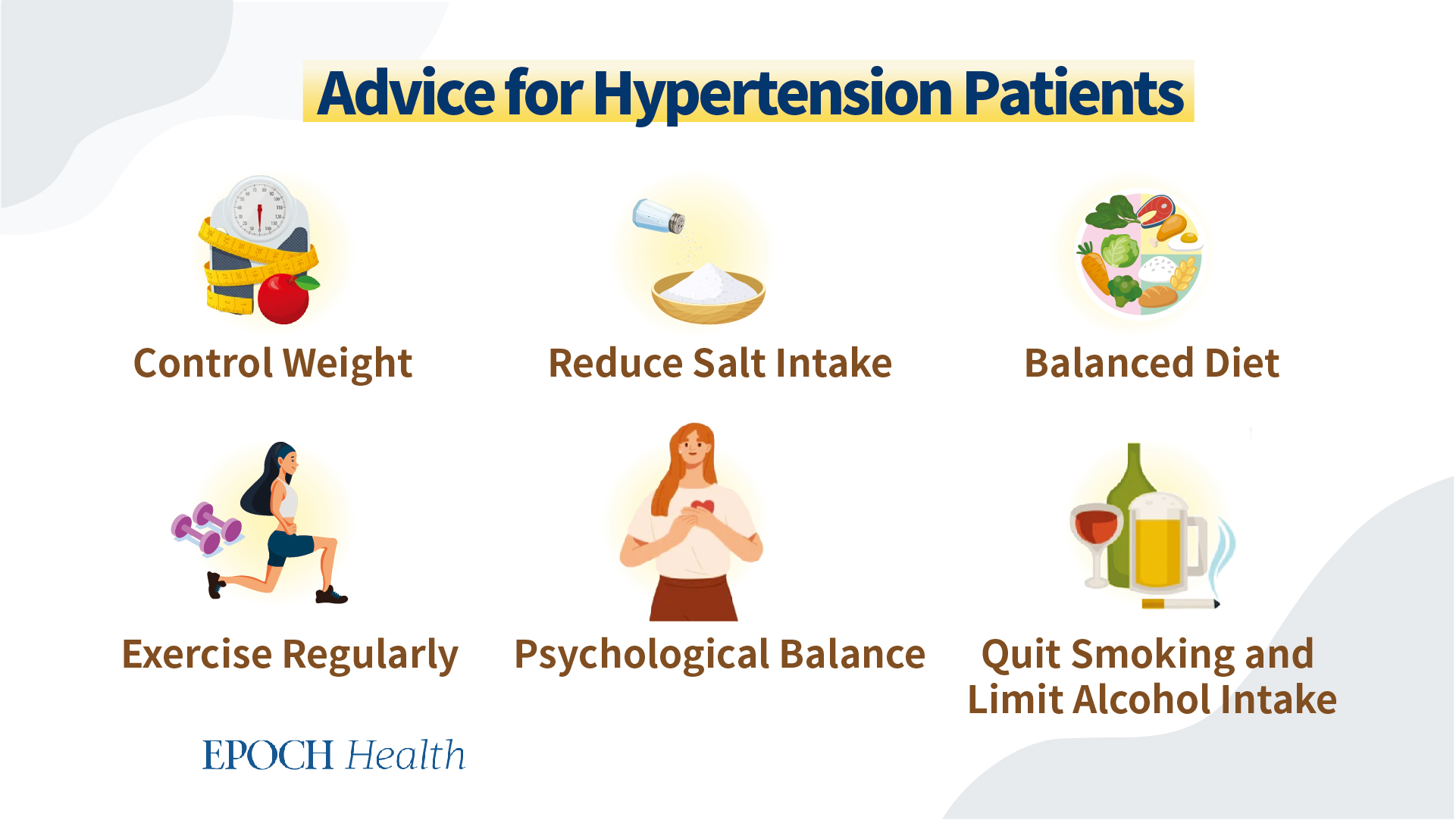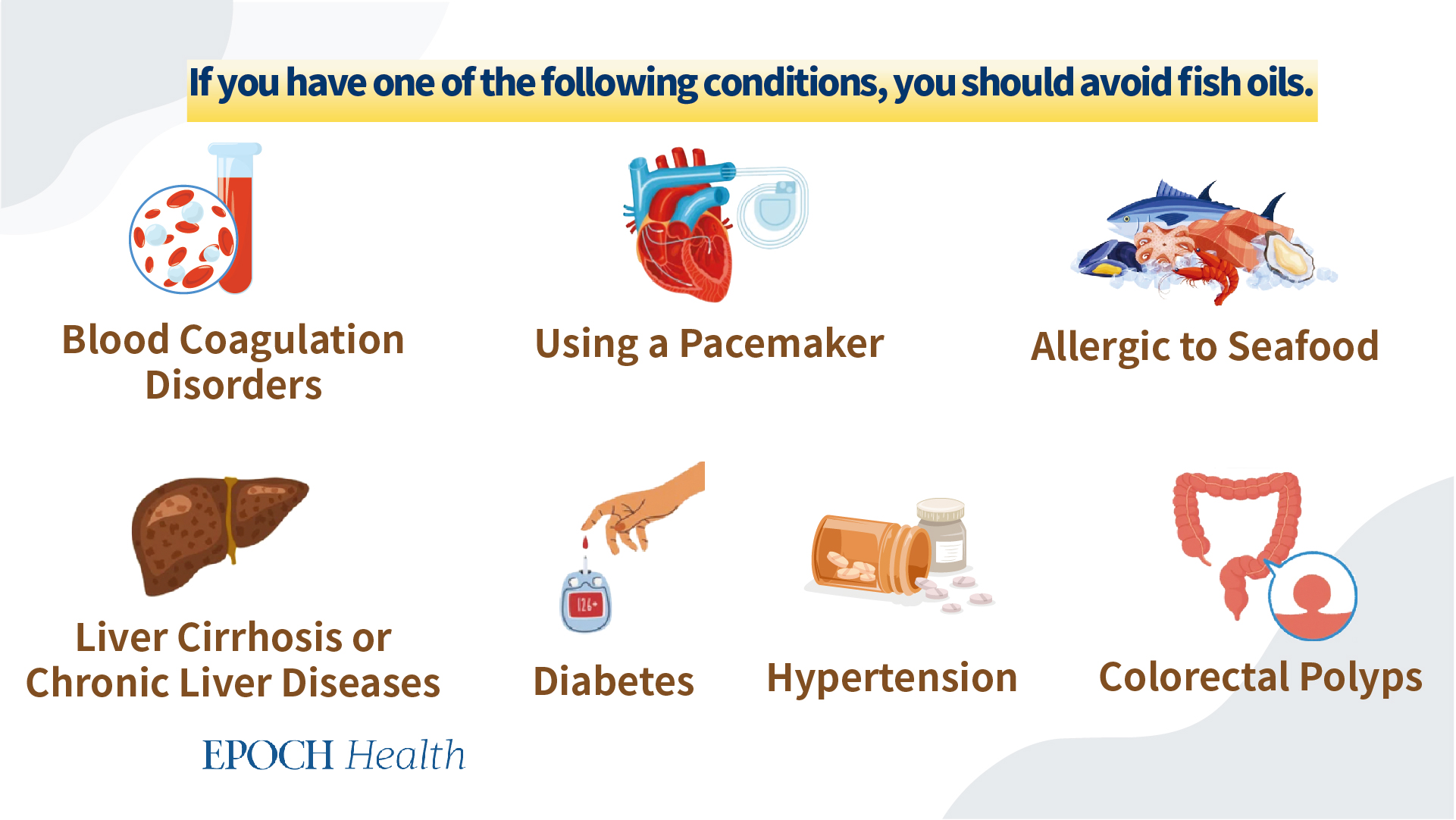

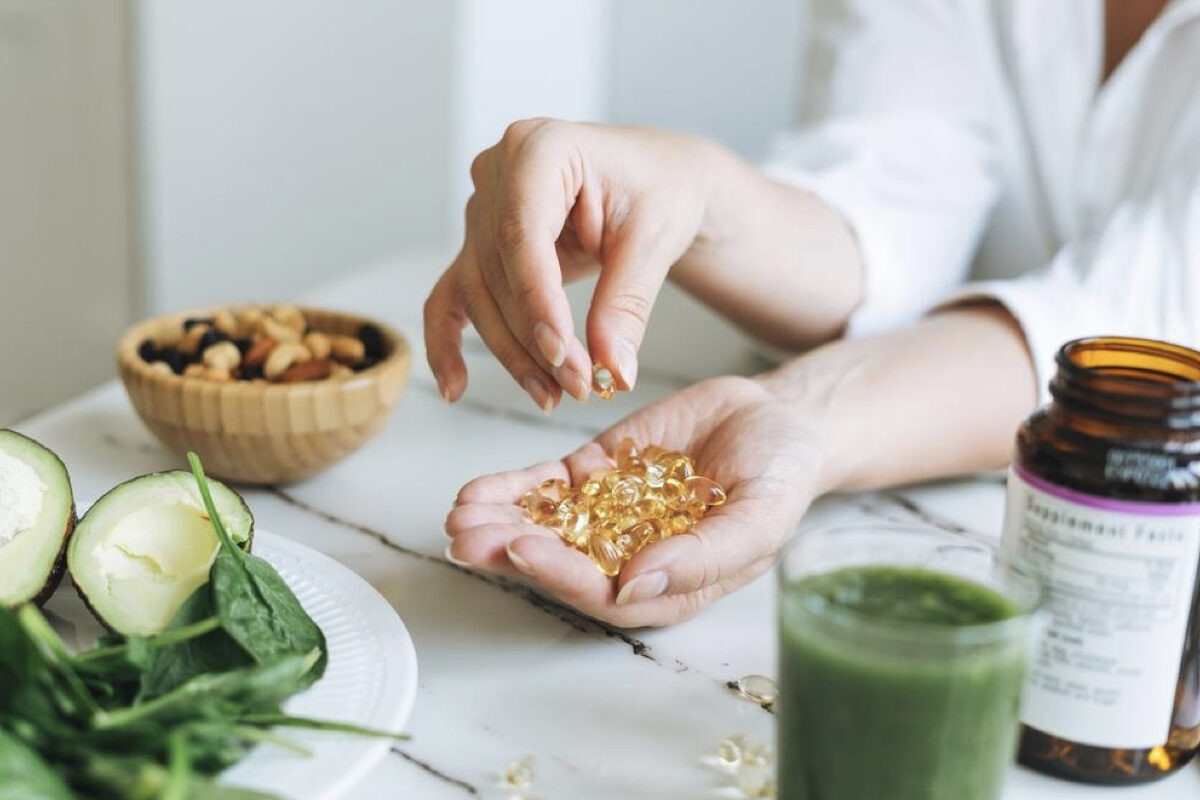
Hypertension is a common risk factor for major chronic diseases such as cardiovascular disease, stroke, diabetes, and kidney disease. Fish oil containing omega-3 unsaturated fatty acids has been confirmed by many studies to be effective in lowering blood pressure. So is the effect of fish oil really as promising as claimed? Are there any people not suited to taking it?
A 2021 study published in the international journal The Lancet pointed out that the number of people suffering from high blood pressure globally has approximately doubled in the past 30 years.
According to the Hypertension Prevention and Learning Handbook (pdf) issued by the Health Promotion Administration, Taiwan Ministry of Health and Welfare, hypertension can be divided into four stages according to the level of blood pressure recorded. When either diastolic or systolic blood pressure exceeds the normal value, the person is considered to have high blood pressure.
Hypertension can be divided into essential (or primary), and secondary, of which the latter only accounts for about 1 to 5 percent of patients. These cases are mostly due to physiological changes or diseases, such as kidney disease-induced high blood pressure symptoms. The cause of essential hypertension is yet unknown and could be hereditary or include lifestyle factors.
Jonathan Liu, a professor at a Canadian public college, said on the “Health 1+1” program that high blood pressure is a “silent killer,” and its complications include coronary heart disease, peripheral vascular disease, heart failure, cardiac arrhythmia, stroke, and renal impairment. From the perspective of traditional Chinese medicine (TCM), high blood pressure is the body’s warning signal.
Liu explained that TCM regards high blood pressure as a reflection of visceral disorders. If early treatment to regulate the visceral system is carried out, patients rid themselves of medication. He mentioned that TCM believes that high blood pressure mainly involves the liver system and the spleen–stomach system.
TCM believes that some hypertensive patients have hyperactivity in liver yang, which is characterized by the person having a quick temper, anxiety, headaches, and dizziness. The real cause of the disease, however, is weakened liver and kidney function.
Food needs to be digested by the spleen and stomach before its conversion into energy. If the spleen and stomach are weak, food cannot be properly digested and turned into useful energy, and cells will suffer a state of nutrient deficiency. In this case, the body needs to send more blood to provide additional nutrients for the cells, thus causing blood pressure to rise.
Liu pointed out that TCM divides hypertensive patients into four types of constitution, each requiring different types of drugs and treatments.
High blood pressure is a common disease worsened by modern-day lifestyles. What are the bad habits that cause it? Liu cites the following as the likely reasons:
- Smoking: Nicotine in cigarettes can cause blood vessel walls to harden and lose elasticity. At the same time, nicotine will affect the nervous system, causing rapid heartbeat, vasoconstriction, and raising blood pressure, increasing hypertension and vascular embolism risk.
- Alcohol: Drinking alcohol in moderation can be fine for the body, but consuming too many strong spirits or indulging in binge drinking will affect the heart muscle cells, causing an instantaneous rise in blood pressure.
- Salty food: When the sodium content in the body rises too much, to reduce the concentration of sodium ions, the body will try to increase the blood’s water content, which will increase blood output from the heart. This increase in volume through pumping more blood from the heart will impact the blood vessel walls, thus causing blood pressure to rise.
- Foods that are too sweet and/or too oily: Excessive refined sugar and oil will be converted into fat and stored in the body, which will also increase blood lipids, causing a loss in elasticity of the blood vessels, and increasing the risk of arteriosclerosis and high blood pressure.
- Obesity: Being obese is also a risk factor for high blood pressure. Higher blood lipid levels can bring about several complications, such as heart disease and diabetes.
- Insufficient exercise: Aerobic exercise is always helpful in maintaining the elasticity of the cardiovascular wall. Lack of exercise and/or poor lifestyle habits can easily lead to high blood pressure.
- Irregular life routine: Irregular eating and sleeping can cause emotional stress. Under stress, the heartbeat usually increases rapidly, with increases in myocardial oxygen consumption, causing an increase in blood pressure.
- Unstable mood: Continuous ups and downs in mood can lead to high blood pressure.
Liu said that the primary way to reduce high blood pressure is by adjusting one’s lifestyle. For example, he said to start with the following changes:
- Getting moderate exercise
- Eating a low-salt diet, with salt intake preferably below 6 grams (0.2 ounces)
- Eating a diet low in fat and rich in fruits and vegetables
- Maintaining a healthy weight
- Maintaining a proper psychological balance; try not to be irritable, resentful, or jealous
- Quit smoking and drinking alcohol
- Take omega-3 supplements
Liu said that omega-3 can increase the elasticity of blood vessels and protect vessels against damage. Omega-3, fatty acids EPA and DHA contained in fish oil, not only regulate blood lipids, fight inflammation, improve cognitive function, and promote nerve regeneration, but the alpha-linolenic acid (ALA) in fish oil can also prevent plaque deposition in blood vessels, thus reducing the risk of cardiovascular blockage.
Although omega-3 has a good blood-activating effect according to TCM, Liu warns that several types of people are not well suited for fish oil consumption. These are:
- People with blood coagulation disorders, such as hemophiliacs, and those taking anticoagulants.
- People with pacemakers and people who are more likely to be at risk of arrhythmia.
- People who are allergic to fish oil and seafood.
- Patients with liver cirrhosis or at an intermediate stage of chronic liver disease. These people should avoid it due to their blood coagulation dysfunction.
- Diabetics.
- Those with low blood pressure (hypotension) or who are taking antihypertensive drugs.
- Patients with colorectal polyps.

